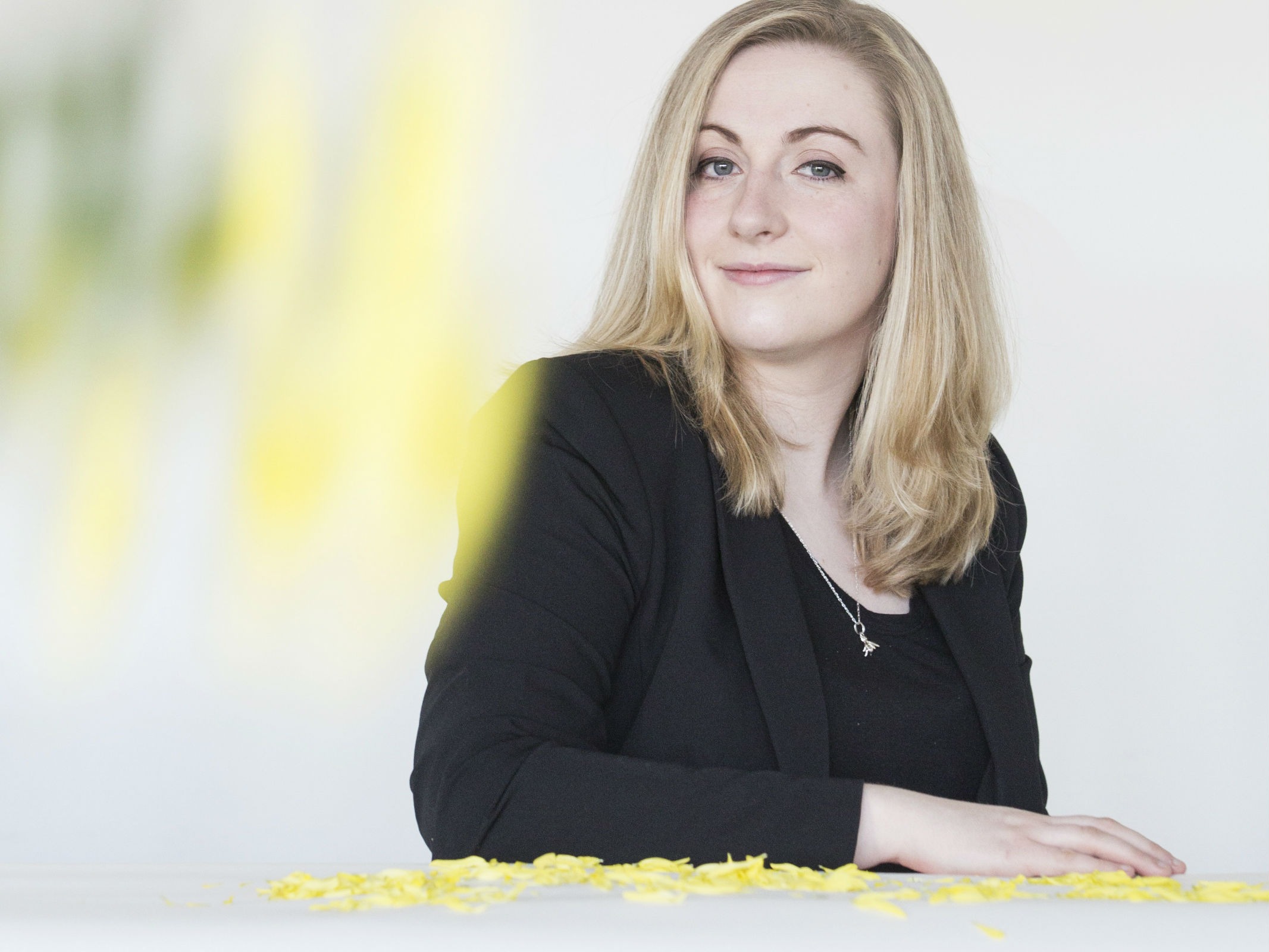With Ireland punching above its weight in both the agri-food and technology sectors, the intersection of the two is often seen as the new Eldorado for entrepreneurs here. The Irish ag-tech space has already spawned established companies, such as farm software management developers AgriNet and HerdWatch. The next generation is now getting off the ground: The Currency spoke with entrepreneurs who have raised funds for agri start-ups in the past year or so. Investors make a beeline for ApisProtect Imagine you have hundreds of beehives scattered across large tracts of land, knowing that some of them, someday, will be in…
Cancel at any time. Are you already a member? Log in here.
Want to read the full story?
Unlock this article – and everything else on The Currency – with an annual membership and receive a free Samsonite Upscape suitcase, retailing at €235, delivered to your door.

